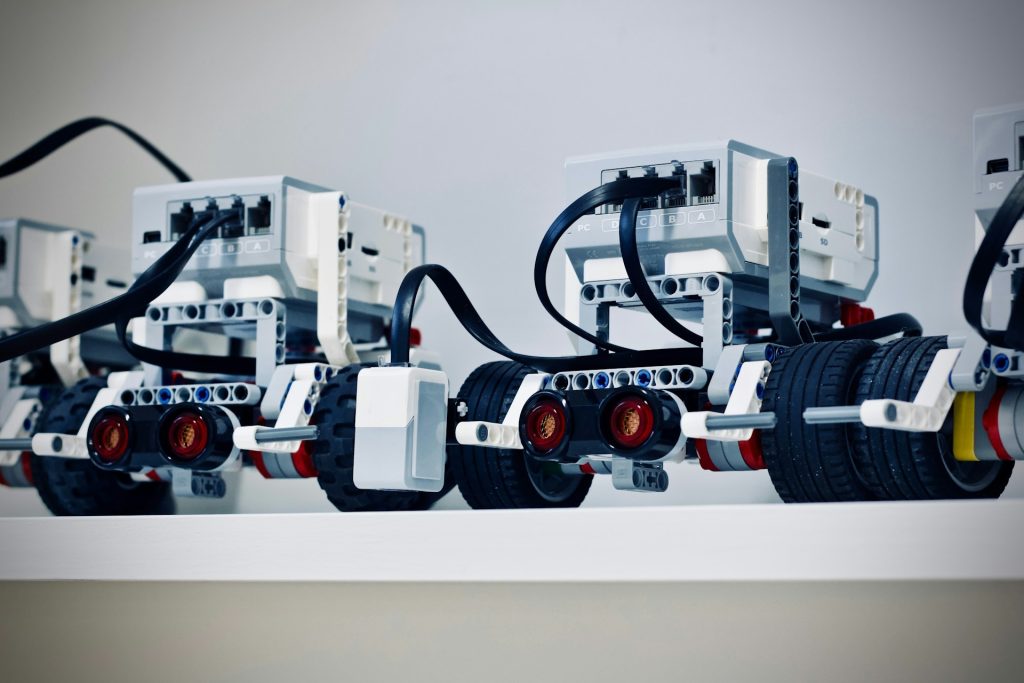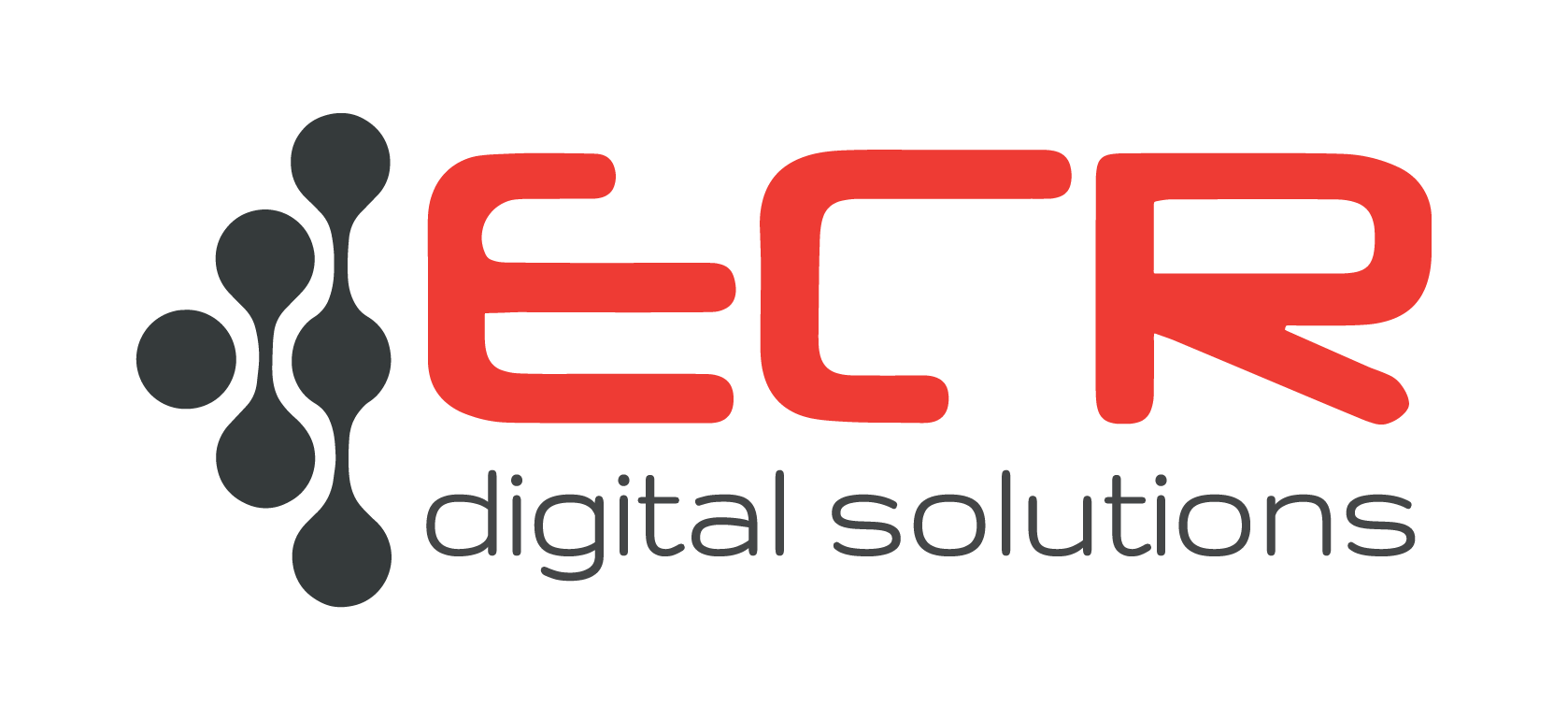Challenges and Solutions in Selling Food on Trains
Wed 05/02/2025 10m read 1014 views
Transforming Business Efficiency with RPA and AI Integration
In today’s rapidly evolving business landscape, organizations are continuously seeking ways to enhance their operational efficiency while reducing costs. Robotic Process Automation (RPA) has emerged as a transformative solution, empowering businesses to automate repetitive tasks and optimize workflows. When combined with Artificial Intelligence (AI), RPA takes business automation to a new level, unlocking unprecedented opportunities for efficiency and productivity, particularly for small businesses.

What is RPA and How Does It Work?
Robotic Process Automation (RPA) is a technology that enables the automation of structured, rule-based tasks by mimicking human actions. It uses software robots (bots) to perform repetitive tasks such as data entry, invoice processing, and report generation. These bots operate 24/7, ensuring faster processing with fewer errors.
When integrated with AI, RPA can go beyond simple automation. AI capabilities such as natural language processing, machine learning, and computer vision allow RPA systems to handle complex and unstructured data, adapt to changing processes, and even make decisions based on learned patterns.
Enhancing Business Operations with RPA and AI
Integrating RPA with AI brings numerous advantages to businesses:
- Increased Efficiency: By automating routine tasks, employees can focus on higher-value activities like strategy and customer engagement. This results in streamlined operations and faster decision-making.
- Improved Accuracy: Automation minimizes human error, ensuring high-quality outcomes for data-heavy processes.
- Scalability: RPA solutions can easily scale to handle growing workloads without proportional increases in staffing or costs.
- Enhanced Customer Experience: AI-powered bots can process customer queries and deliver personalized responses instantly, improving customer satisfaction.
Supporting Small Businesses: Lower Costs, Higher Productivity
Small businesses often face constraints in terms of resources and workforce. Implementing RPA with AI can be a game-changer for them by:
- Reducing Operational Costs: Automation cuts down on labor costs and overhead, making it possible for small businesses to achieve more with limited budgets.
- Boosting Productivity: By automating time-consuming tasks, small businesses can complete processes faster and focus on innovation and growth.
- Enabling Better Decision-Making: AI-driven insights provide actionable data to help small business owners make informed decisions.
Real-World Applications of RPA and AI
Here are a few examples of how businesses use RPA and AI to their advantage:
- Finance and Accounting: Automating invoice processing, expense management, and compliance reporting.
- Human Resources: Streamlining recruitment processes, onboarding, and payroll management.
- Customer Service: Implementing AI chatbots to handle routine inquiries and support ticket processing.
- Sales and Marketing: Automating lead management, email marketing campaigns, and customer data analysis.
Getting Started with RPA and AI
For businesses looking to adopt RPA and AI, the journey begins with:
- Identifying Processes for Automation: Analyze workflows to determine which repetitive tasks can be automated.
- Selecting the Right Tools: Choose an RPA platform that integrates well with AI capabilities and aligns with your business needs.
- Planning for Implementation: Develop a phased approach, starting with a pilot project to measure success before scaling up.
- Training and Support: Equip your team with the necessary skills to manage and leverage automation tools effectively.
Conclusion
As businesses navigate an increasingly competitive environment, leveraging RPA and AI can provide a crucial edge. By automating repetitive tasks and enhancing decision-making capabilities, these technologies enable organizations to reduce costs, increase productivity, and focus on their core objectives. For small businesses, RPA and AI represent a significant opportunity to achieve growth and scalability with minimal investment.
Now is the time to embrace the future of automation and unlock the full potential of your business with RPA and AI integration.
Related articles










